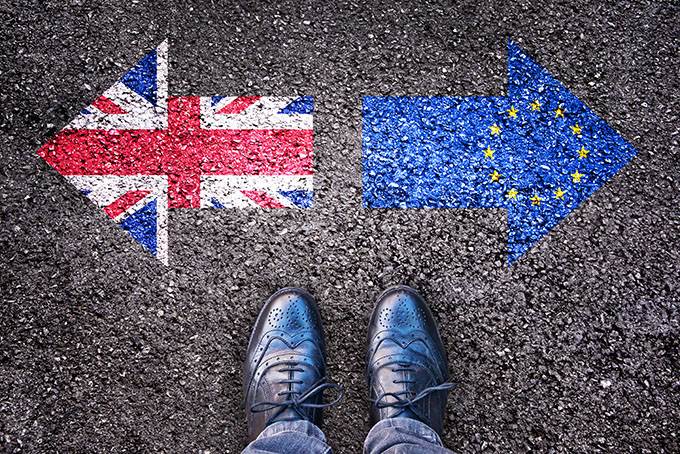 The voters of the United Kingdom are voting in what is seen as the most significant general election in living memory. The polls opened at 7AM and will close at 10PM with the first results expected in the early hours of Friday morning. By this time tomorrow, it should be clear how the UK has voted.
The voters of the United Kingdom are voting in what is seen as the most significant general election in living memory. The polls opened at 7AM and will close at 10PM with the first results expected in the early hours of Friday morning. By this time tomorrow, it should be clear how the UK has voted.
The UK uses a constituency, first past the post model for its elections. This means that a national government will be formed by the party which wins the largest share of the 650 constituency vote, but this may not be the largest vote share since the system is “winner takes all” – neither the size of a constituency majority (running from 2 last time – North East Fife, SNP’s Stephen Gethin – to 42214 in Knowsley, George Howarth Labour) nor the total vote share for a given party has any relevance in determining the government.
It is regarded as highly unlikely that either Jeremy Corbyn’s Labour Party nor Jo Swinson’s LibDems will emerge as winners of a majority on Friday. Boris Johnson’s Conservative Party have been the front runners in all polling since the election was called, but the lead has narrowed recently with projections of a majority ranging down from a comfortable 80 seats to being the largest party, but with no overall majority (a hung parliament).
Should the Conservatives fail to win a majority, but emerge as the largest party, they could turn to any Brexit Party MPs to help them form an administration (depending on their numbers, of course), but is unlikely that they would be able to get the DUP to support them. The DUP is strongly opposed to Johnson’s withdrawal deal since it places a de facto border in the Irish Sea and will impose checks (at the very least) on trade to and from Northern Ireland from the rest of the UK (Johnson’s denials notwithstanding).
If Labour emerges as the largest party, but does not have a majority, it has a much wider range of potential partners (formal or informal) to ensure that it could pass a confidence vote and establish an administration, but a number of these partners would be uncomfortable/unwilling to allow Mr Corbyn to become PM. He could, of course, resign as leader of his party to defuse the issue, but has shown no inclination to even consider this so far.
The picture and the likely fate of Brexit will be clearer at this time tomorrow. Sterling has given up recent gains (somewhat) against other major currencies on concerns that there will be another hung parliament. It is likely to fall further tomorrow should the UK be heading in this direction – at least in the short-term.
